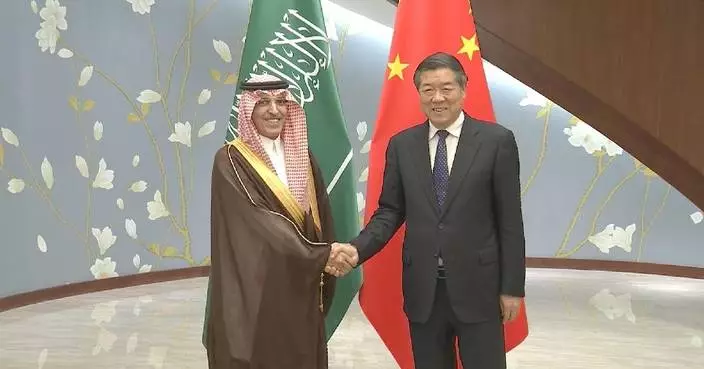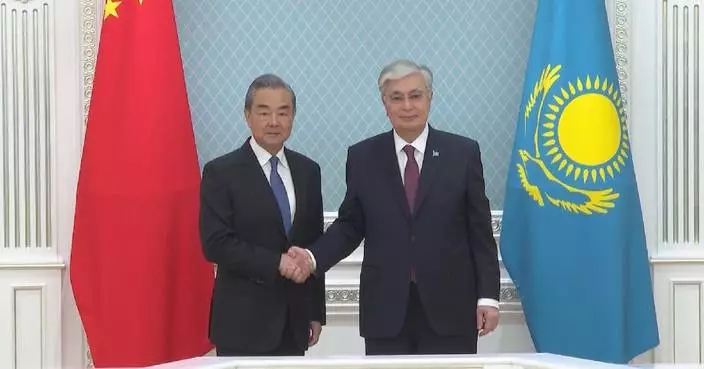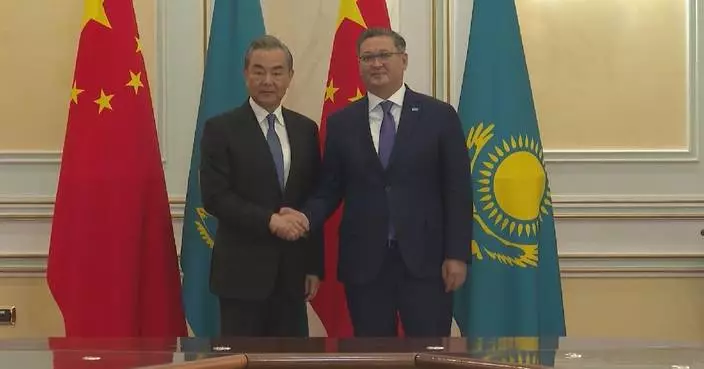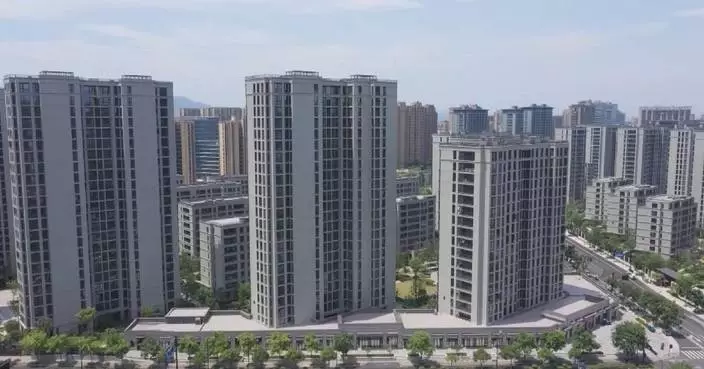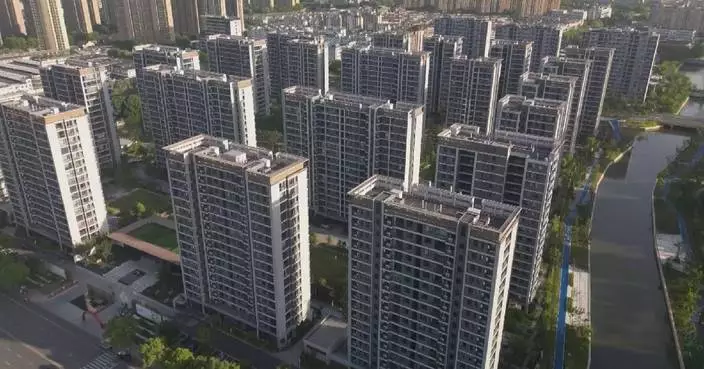Chinese President Xi Jinping's state visit to Hungary heralds new opportunities which will enable the two countries to elevate their relationship to greater levels, according to analysts.
Xi arrived in Budapest on Wednesday for a historic first state visit to Hungary, which also marked the last leg of his six-day three-nation European tour which is set to conclude on Friday.
The visit coincides with the 75th anniversary of the establishment of diplomatic ties between China and Hungary, and over time the enduring relationship has evolved into a more complex partnership that transcends the bilateral scope, affecting broader European and global political landscapes.
Amidst ongoing geopolitical concerns and heightened China-U.S. tensions, this partnership's significance is more pronounced during Xi's landmark tour. Analysts note that the two countries' ties have deepened greatly over the last decade, with cooperation deepening and investment increasing.
"It is the 75th anniversary year of the diplomatic relationship between Hungary and China, and that really began to be enriched about 10 years ago at the beginning of the second government of Prime Minister Orban when Hungary launched its eastern opening policy and this has led to very close cooperation between Hungary and the Belt and Road Initiative (BRI) and an increasing level of investment over the years from a variety of different Chinese companies and and close exchange at all levels. It's been particularly deepened over the last couple of years," said Gladden Pappin, president of the Hungarian Institute of International Affairs in Budapest.
Pappin elaborated on the pivotal projects which underscore this cooperation, particularly the Budapest-Belgrade railway, a 350-kilometer-long high-speed rail line project connecting the capital cities of Hungary and Serbia which is expected to be completed by 2026. This ongoing construction project exemplifies the strategic infrastructural developments that are key to the China-Hungary partnership.
"Hungary was the first European country to join the Belt and Road Initiative and the principal project that Hungary is a part of is the Budapest-Belgrade railway. And so the execution of that is already underway and I think is expected to be completed in the next couple of years. That's really important. You know Serbia is outside of the European Union, and this region needs a lot infrastructural development, so the establishment of a fast rail link between Budapest and Belgrade, it would be very important for a variety of reasons, it has good economic consequences for the whole region. It'll improve the transport and it'll also help indeed go all the way down to the Piraeus (port in Greece) eventually and connect to other elements of the Balkans infrastructure," he said.
Marian Duris, a foreign policy analyst at the European Parliament in Brussels, also highlighted both the stability and depth of the Hungary-China relationship.
He viewed the significance of Xi's visit as a reaffirmation of the long-term, friendly relations between the two countries.
"Hungary and China have their ties with its highs and lows. And with Mr. Orban and his government, this relationship is quite stable. I would say, the Belt and Road Initiative is one important geostrategic and geopolitical project. And many countries see it like one of these opportunities. And I would say it's opportunity not only for Hungary, which accepted this chance, but for Central Europe as well," said Duris.
Pappin, meanwhile, also pointed out the broader scope of Hungarian-Chinese economic cooperation, which spans several industries.
"This has particularly been the case in electric mobility, battery manufacturing, and a number of different industries. So there will very likely be some advances on that point during the visit. Of course, the details of those are always kept tightly under wrap beforehand. But basically Hungary is looking to deepen its economic cooperation with China through exporting more goods to China. And also making sure that the factories which are coming to Hungary are coming in greater number and bringing greater benefit to the local population," he said.
With a whole host of recent Chinese investments in Hungary, particularly in sectors like electric vehicle manufacturing and battery production, Pappin detailed the wide range of substantial developments which have emerged over the past few years.
"There have been a lot of developments on this in the last few years. There's a new manufacturing site that was started in [Miskolc, northeast Hungary] in 2021 from [China's] Nanjing Chervon [Auto Precision Technology Co.], making electric vehicle components. You've got the CATL, a battery manufacturing investment that was announced in 2022. Another recent development was the selection of Szeged Hungary by BYD for the location of its first European electric vehicle manufacturing plant. So electric mobility is a key area that has been an anchor of the Chinese and and Hungarian economic exchange. Clearly, it's important to Europe's goals as well. This is a story which in many ways is just at the beginning because there's a lot of continued industrial manufacturing [development] that can occur and we think that peaceful and mutually beneficial cooperation is the way to go," he said.

Xi's visit to Hungary to elevate bilateral relationship to greater levels: analysts



